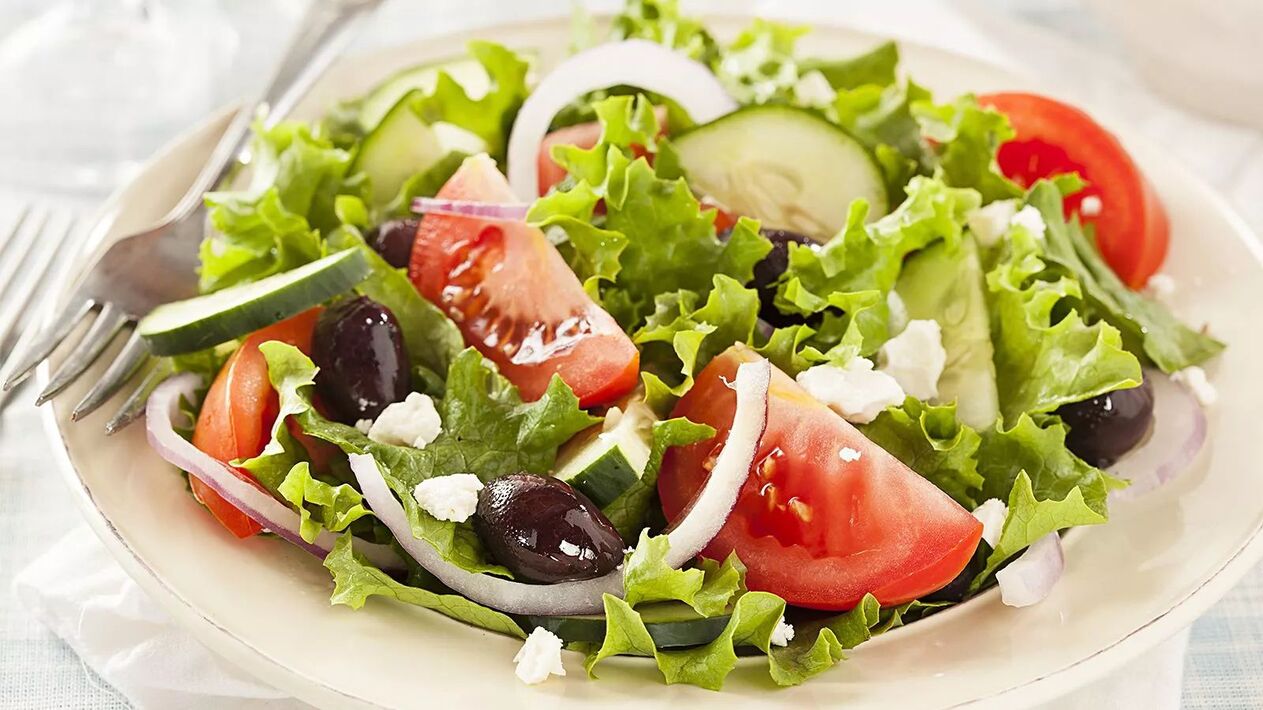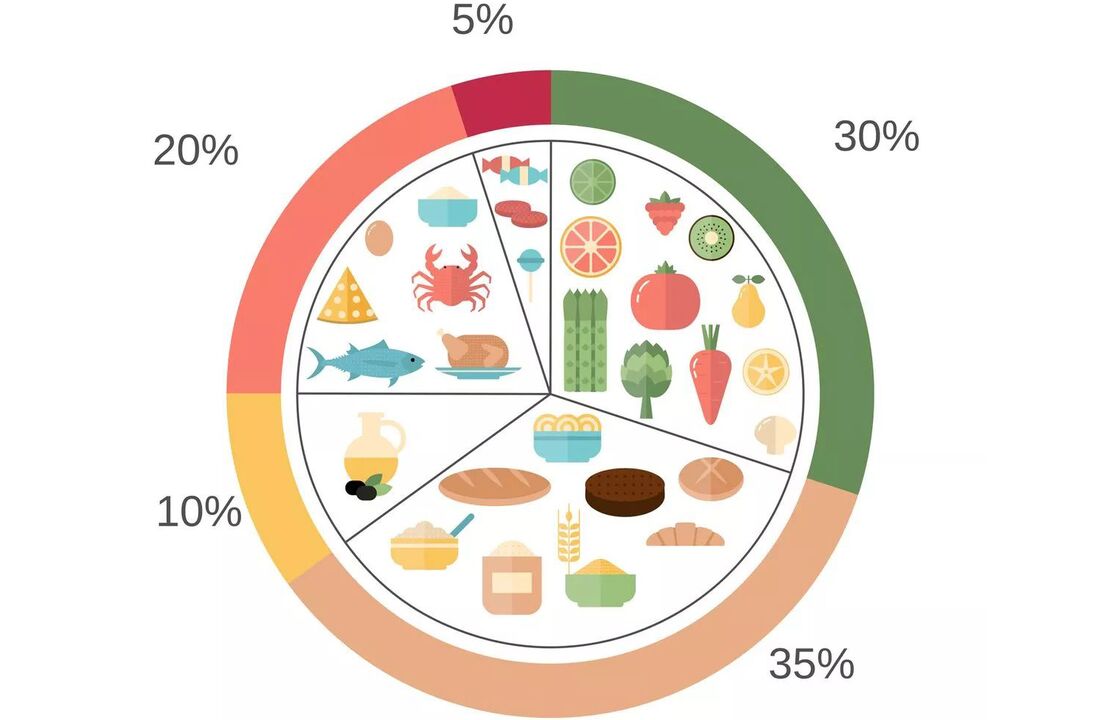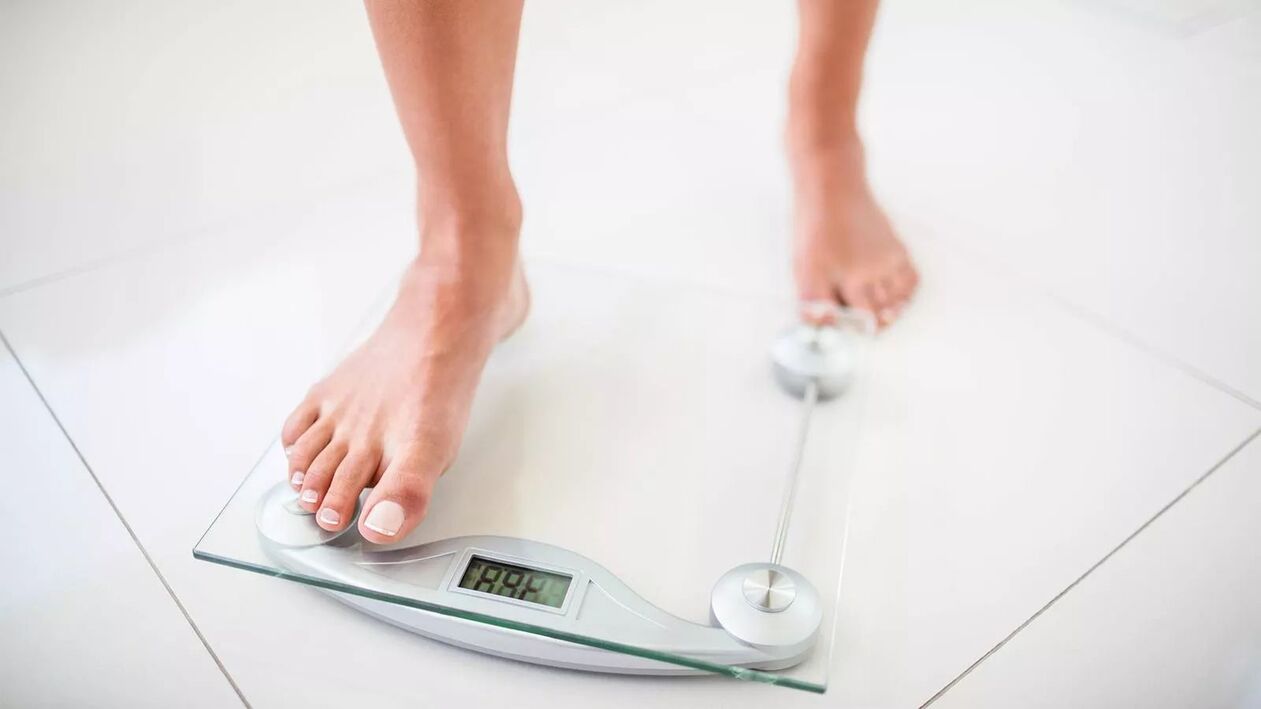Mediterranean Diet: What You Can Eat - Allowed Foods
- fresh vegetables:Tomatoes, cucumbers, broccoli, cauliflower, zucchini, eggplant, spinach, onions, potatoes, carrots;
- Fruits and berries:Seasonality;
- Nuts and seeds:Almonds, walnuts, hazelnuts, cashews, pumpkin and sunflower seeds;
- Legumes and grains:Beans, peas, lentils, chickpeas, oats, brown rice, corn, buckwheat, whole wheat bread, durum wheat pasta;

- Fish and seafood:Salmon, sardines, trout, tuna, mackerel, shrimp, oysters, mussels;
- bird:Chicken, duck, turkey;
- Dairy products:Cheese, low-fat cottage cheese, Greek yogurt;
- Herbs and Spices:Garlic, basil, mint, rosemary, sage, cinnamon, turmeric, pepper;
- Healthy fats:unrefined olive oil, olives, avocados;
- red wine:One cup once a week.

- 60% carbohydrate;
- 30% fat;
- 10% protein.
Foods Not to Eat on the Mediterranean Diet - Prohibited Foods

7 days mediterranean diet menu
dinner:Grilled meat, salad, grapefruit;
snack:fruit salad;
dinner:Whole wheat bread, cheese with nuts, oranges.
dinner:Grilled fish, durum wheat pasta 100g;
snack:cheese casserole, tea;
dinner:Fish fillet, buckwheat, tomato and herb salad, a glass of dry red wine.
dinner:Seafood soup, a few slices of whole wheat bread;
snack:fruit salad with Greek yogurt;
dinner:Roast turkey with vegetable stew.
dinner:grilled fish and bulgur with green beans;
snack:yogurt or a few slices of dried apricots;
dinner:A cup of kefir and a pot of low-fat cottage cheese.
dinner:vegetable soup, eggplant stewed with garlic and herbs;
snack:Sandwiches made of bran bread with curd cheese and unsweetened tea;
dinner:Grilled white fish with tomatoes, stewed zucchini with carrots.

dinner:vegetable soup, eggplant stewed with garlic and herbs;
dinner:Grilled white fish with tomatoes, stewed zucchini with carrots.
dinner:Grilled white fish with tomatoes, stewed zucchini with carrots;
dinner:A cup of kefir, a type of cheese with honey.
Contraindications

Advantages and Disadvantages of the Mediterranean Diet























